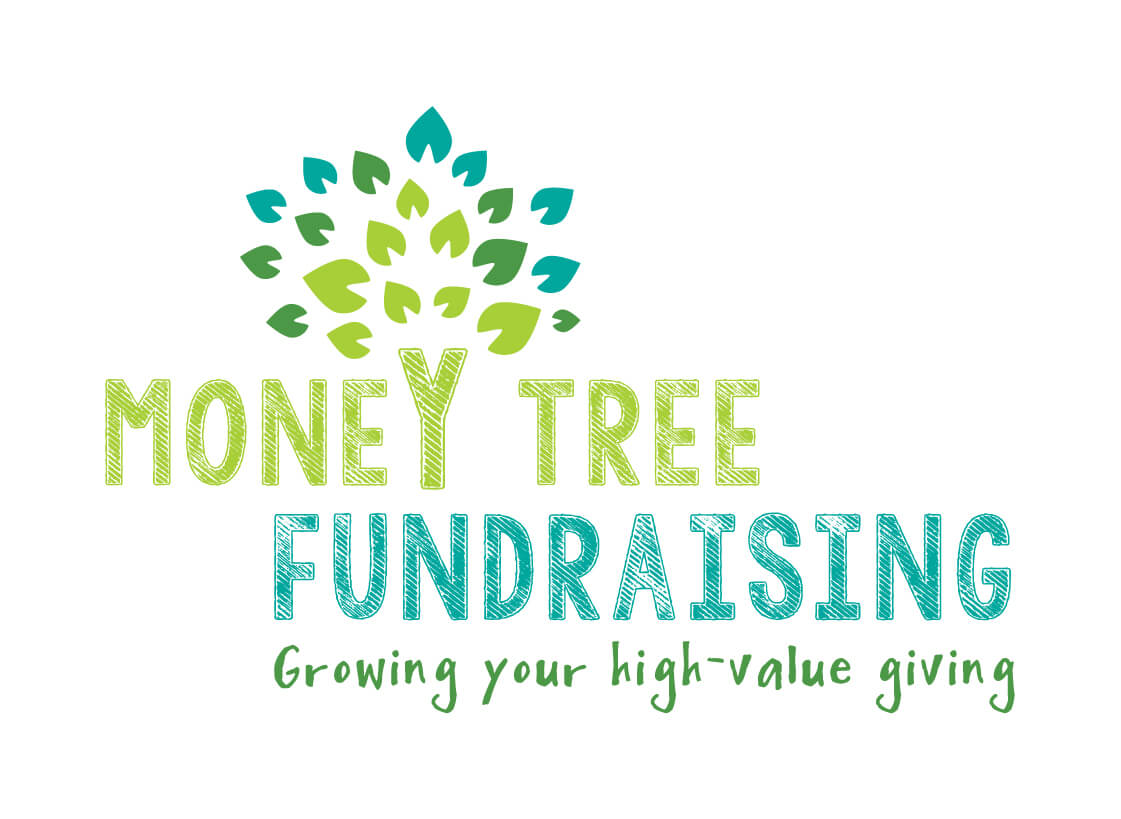It it entirely possible to start a brilliant major donor programme as a tiny charity without any dedicated staff handling those relationships. You do need to know your stuff. And you need to only take on what you can deliver well. A great yard stick for delivering well is delighting your donors.

Photo by Diana Polekhina on Unsplash
The first secret to delighting your donors is knowing your capacity to delight. What is a “capacity to delight” I hear you ask! Let me break it down backwards:
Delight: This is about delivering whatever you are meant to deliver really well. In a major donor fundraising context it is being sure that the hours your donor spends interacting with your organisation are her favourite hours of the week.
Working back from that…
Capacity: Now you’re worked out what it takes to delight your donors you have to work out how much time that will take. From that you can work out your capacity. Last year someone told me that a full-time major donor fundraiser with no other responsibilities (such as line management) should be able to handle circa 80 donors. In the US this number is 120.
So you can now work out how many donors you can manage as part of your wider role in your organisation. It might just be one. It is okay to start small, to test, to trial this new way of engaging and involving donors in your organisation. It might not be right for you, it might not be right for your organisation. Or your successful small-scale trial might give you the evidence you need to persuade your trustees to make the investment in more resource so you can talk to 2, 4, 10 donors at a time.

Photo by Kristina Flour on Unsplash
The second secret to delighting your donors is asking them what would delight them and then doing it.
This is great for you – you get to go straight to the sweet spot of success without endless tests and trials, knock-backs and disappointments whilst you work out how to approach this person in the way that will engage him. Your time is precious: spend it wisely.
Obviously you can’t ask the straight question “how can I delight you so we can work closely together?” as they may well think you’re a bit odd! Asking someone you already know – a Board member, a regular at your venue – what they want to hear and how they want to hear it is a lot easier than asking someone you’ve never spoken to before but the person you haven’t yet spoken to is not a stranger to your organisation – we are talking about existing donors, beneficiaries, regular attendees to your performances – to them, you are already familiar.
Do not be afraid to pick up the phone, pass a note along with the theatre tickets, write a hand-written note, send a friendly email. Reach out to the friend you do not yet know. Make the first move.
What will you say? Start gently – say thank you for giving/supporting/attending/advocating. Tell them you want to know what attracts them to you in particular. You want to listen and to learn. Can you buy them a coffee? Bring them in for a tour? If they get suspicious and ask about an ulterior motive say yes, you are working on some changes to how you communicate with supporters/donors/attendees like them and you want to be sure you’ve got it right. By listening to them.
If they say no say thank you. Maybe ask why, maybe don’t push it – read the room, as they say.
If they say yes then do it and do it soon. Arrange a time, a place, think of a few questions that will break the ice.
That’s it – you’re on the road to building a relationship with a donor who will be delighted.
Give your major donor programme a health check now
